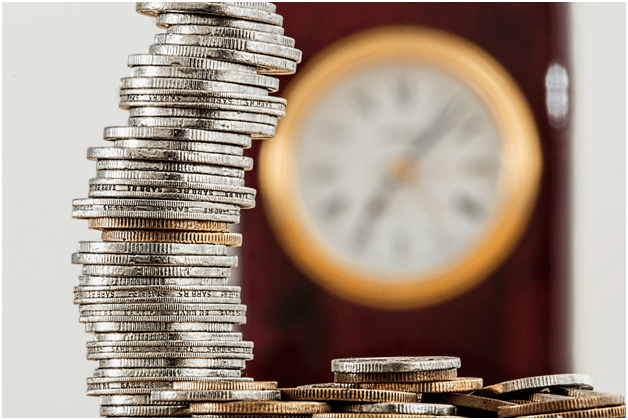Smart Hacks to Deal With Your Finances in Your 20s

You entered your 20s and you have probably graduated from college. Or maybe you are still on your way to get your diploma. Regardless, it is the age to find your first job and receive your first paycheck. The question, how would you live well in your 20s while being responsible for your finances? That’s a problem many young adults are struggling.
Now if you want to financially responsible young professional at your age, here are 10 smart hacks to deal with your finances in your 20s (and even in your 30s!).s
1. Identify and develop marketable skills
Finding a good, decent-paying job is the first thing you need to do if you want to properly deal with your finances. Even if you do not have a college diploma yet, you can still improve the skills you currently have by getting training certifications so you can soon profit from those skills.
Turn yourself into a marketable professional and you will have a good job and pay. You can also have a side hustle using these skills. A side hustle or business removes the risk of being jobless even if the economic conditions are quite difficult. It is also an alternative source of income, so you do not have to fully rely on your regular job as your only source of income.
2. Don’t Use Credit Card
One of the best ways to be responsible in your money is to stop using credit cards and to stop using credit cards, you will need the utmost sacrifices.
Being debt-free starts with being credit less. Interests can leech away our wealth. So as long you are still credit card less, remain to be one and avoid being on debt in any way. Make sure you have enough money to pay when borrowing something else.
3. Be a responsible credit card holder
There’s nothing with using credit cards if you know how to properly use them. Only borrow money for things you can afford to pay immediately.
For long term debt payments such as house or cards, it is fine if you pay for a solid down payment. Credits like these are also your chance to build up a good credit history.
A good credit card history has many benefits. It gives you more best interest rates to your future loans, determines your insurance rates and security deposits, and sometimes, can be used when a company you applied for does a background check about you.
Just remember to avoid carrying a balance for a long time when using credit cards. These cards are supposed to help you with your finances, not to conjure you with debts.
4. Pay Your Bills on Time
Once you hit the age of 20 and start your own money, you will also face the challenge of paying your bills. You must pay each bill on time. Any missed or delayed payments may incur additional charges or penalty.
5. Open Your Own Checking and Savings Account
Still under a joining bank account with your parents? You’re on your 20s and you are finally earning your own, it is high time that you move to a separate account and start managing your own money.
For checking accounts, many banks offer free creation of checking accounts. For savings account, look for banks offering high-yield chances of earning a return. Set up a regular schedule of depositing money to your accounts even if it’s just a dollar or two. No matter how small the amount of your added money, it is still called a saving so practice this habit.
6. Learn About Investing
Find out for different ways on how to acquire returns for your money. There are investing companies offering low-cost fund investments as well as usage of dividend stocks.
Understand the basics of investing and find out how you can use a taxable account, In addition to your retirement account.
7. Purchase a Life Insurance
Life insurance? At the age of 25? Ewwww! Isn’t that something older people needs?
If this is your current mindset about getting life insurance, don’t worry, because it’s a common thing. However, do you know that you can get life insurance at a better and more affordable rate when you are still young and healthy? Yes.
Purchasing life insurance in your 20s is better if you plan to build your own family in the next decade or even a few years later. This way, you will already have the foundation for the financial protection of your family.
8. Open a retirement account
Retirement account? In your 20s? Yes. If you want a better future, it is good to save up for your retirement as soon as you start earning income. You can get a thousand more bucks if you start in your 20s rather than waiting until you are 30 or 40.
9. Build an emergency fund
Your retirement fund and life insurance will not save you from all your problems. You will still need an extra source of savings to get money from in case of emergency (or some unexpected events).
One of the most recommended emergency funds amount is around three to six months worth of your monthly salary. With this amount, you can easily spend for your emergency expenses even when you do not have a regular job.
10. Establish Your Priorities
Categorizing things in your according to their priority level is a huge thing to balance where your money goes into. Think about how you would want to use your money and what you want to accomplish with your money. Prioritize spending on things you value the most rather than wasting it on those that do not really matter to you. It is okay to purchase things and experiences that make you happy if they are important and do not feel like a waste over time.
